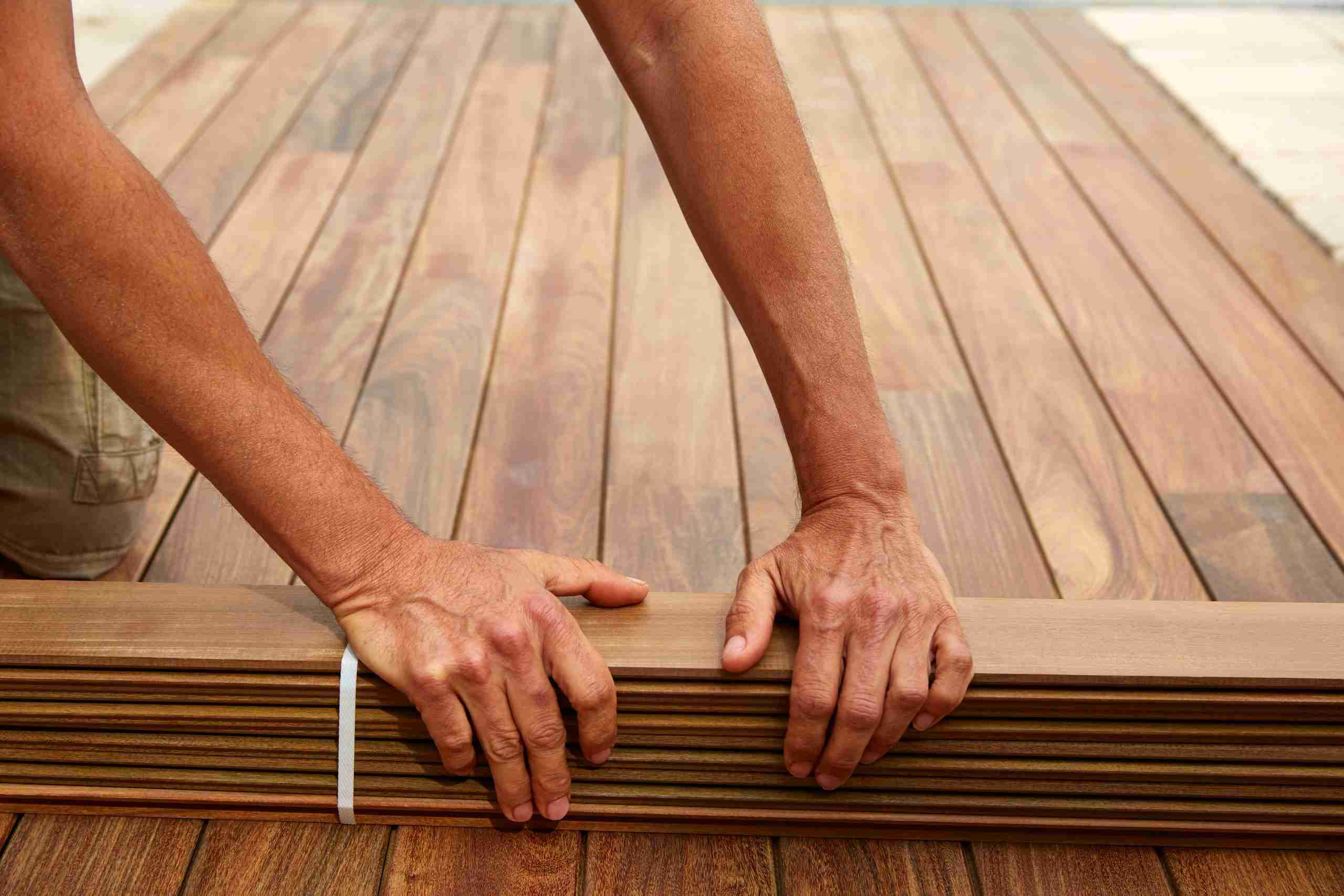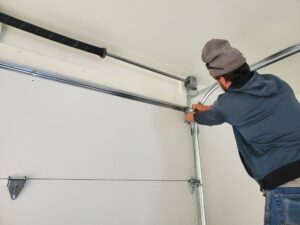
Ipe is a kind of tropical hardwood used increasingly for outdoor decking due to its strength, attractiveness, and low maintenance aspect. Ipe is a very heavy and dense wood that has several advantages over conventional materials used for flooring like cedar, redwood, or pressure-treated pine.
Beauty
More than just being tough wood, ipe also has distinctive grain patterns and a wide range of colors. When newly installed, ipe has a deep reddish-brown hue that darkens naturally into a warm golden brown as the deck ages. Diverse coloration with more noticeable mineral streaks contributes to this appearance. The finely laced grain pattern along with the smooth texture makes ipe decking Florida beautiful. Unlike pressure-treated pine which may crack or warp over time making it not attractive anymore, ipe remains beautiful through decades.
Low maintenance
A well-built ipe deck requires no chemical treatments, staining, or sealing to keep it in good shape or appearance. Over time, ipe develops a protective patina from being exposed to the elements. Its surface can be scrubbed lightly with water and soap occasionally to remove pollen, dirt, and other debris that settle on it. Though rarely necessary, its color can be restored using a hardwood cleaner. Compared to alternative decking materials, ipe is very low maintenance because the qualities of wood make this species self-protecting.
Superior value
The cost of ipe may be higher initially but it provides excellent value considering durability, beauty, and low maintenance for long time use. The heavier initial investment pays off over decades as the structure does not require any maintenance keeping its original appearance intact. During the full life span of a residential house, an ipe wood deck will typically work out cheaper than other options whose life spans are shorter causing them to need refurbishment at periodic intervals along with replacement.
Slip resistance
Ipe wood has an inherent texture and grain patterns that provide a high coefficient of friction, allowing for good traction even when wet. When the wood fibers absorb moisture, the surface roughness increases slightly. Thus, ipe is safer compared to smooth deck materials in areas where water or dampness is present because it has better slip resistance. Being long-lasting and rigid, it does not result in excessive smoothing out or wearing off of the wooden surface through foot traffic over time.
In conclusion
Ipe wood is the best decking material available because it is strong enough to remain unchanged over time yet attractive at first sight, saves the environment while being safe for use by all people including children; offers good value for money in addition to being convenient for customization by trained experts only.








